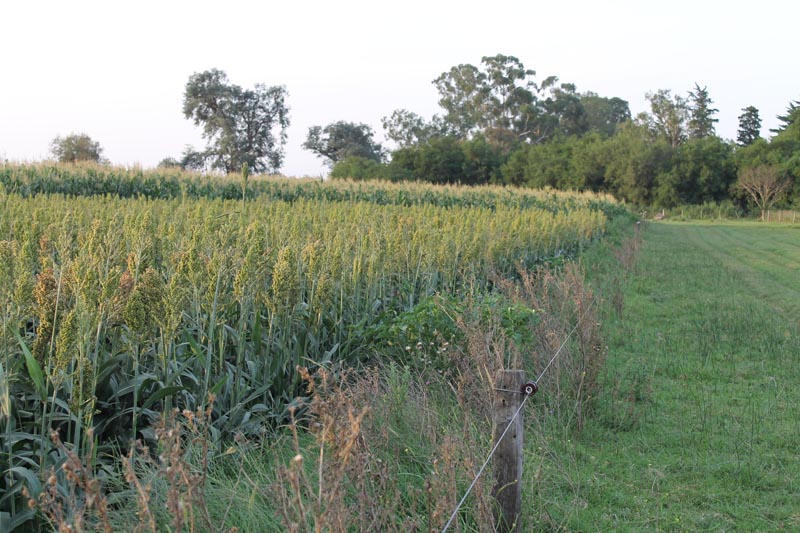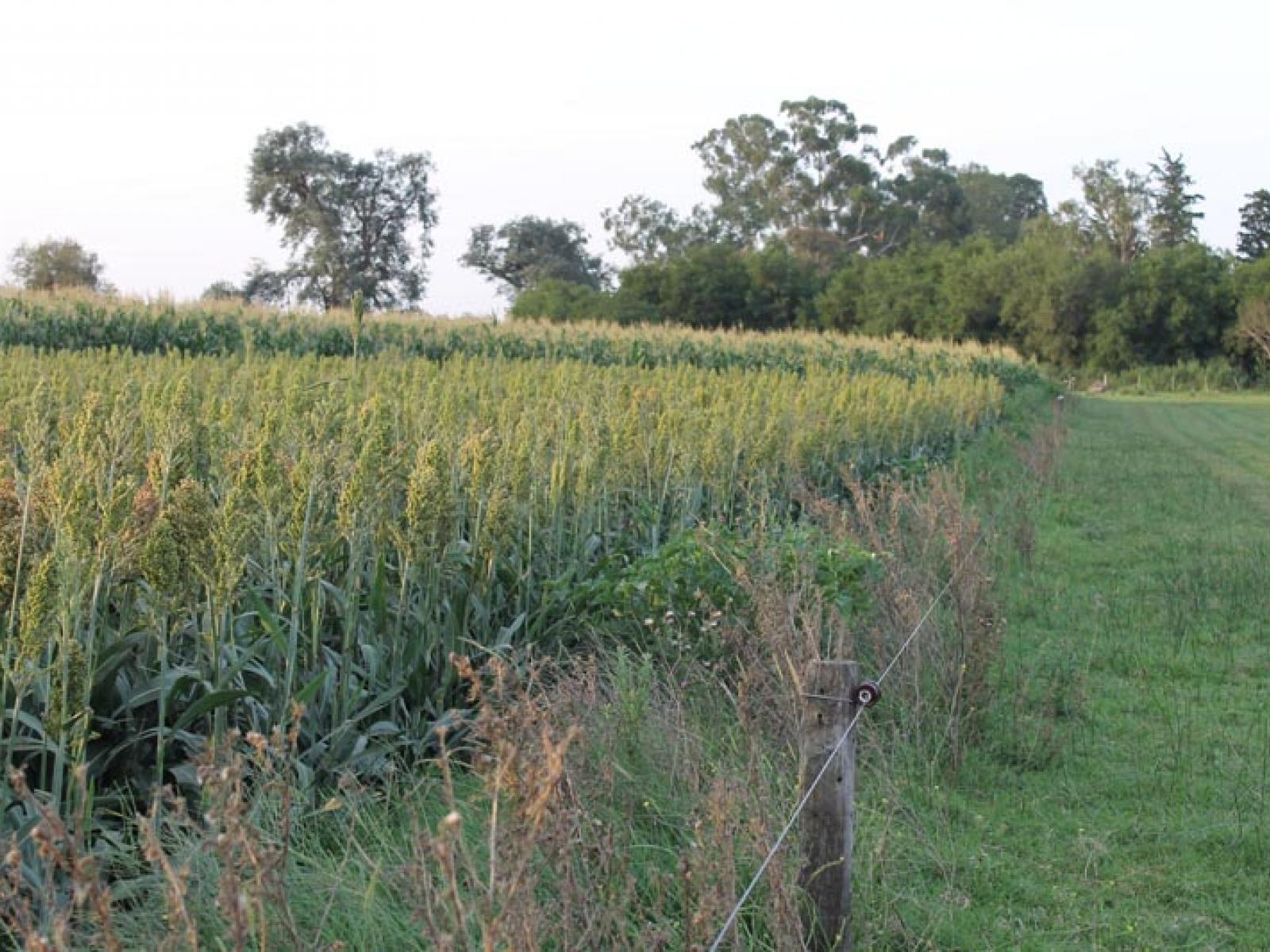An Overview Of Our Solution
- Population Impacted:
- Continent: South America
Organization type
Population impacted
Size of agricultural area
Production quantity
People employed
Describe your solution
Describe your implementation
External connections
What is the environmental or ecological challenge you are targeting with your solution?
Describe the context in which you are operating
Context: Our farm is 12 km on poorly maintained dirt roads from a small town (Arias). Till recently the urban and rural population had little knowledge of the environmental impact of the local conventional farming practices, recent concern in Argentina over poisoning from glyphosate spraying has led to bans of specific pesticides around population centres. But banning glyphosate has sometimes led to the use of worse pesticides. Knowledge of how to farm without spraying has almost disappeared. There is little knowledge of alternative methods of farming with conservation and the associated environmental services
How did you impact natural resource use and greenhouse gas emissions?
Language(s)
Social/Community
Water
Food Security/Nutrition
Economic/Sustainable Development
Climate
Sustainability
We are a sustainable organic farm which is able, just about, to maintain itself, its level of employment and to recapitalize itself over the economic cycle.
Return on investment
Entrant Banner Image

